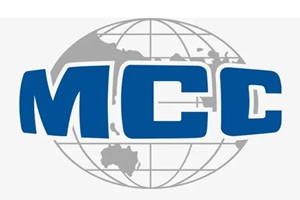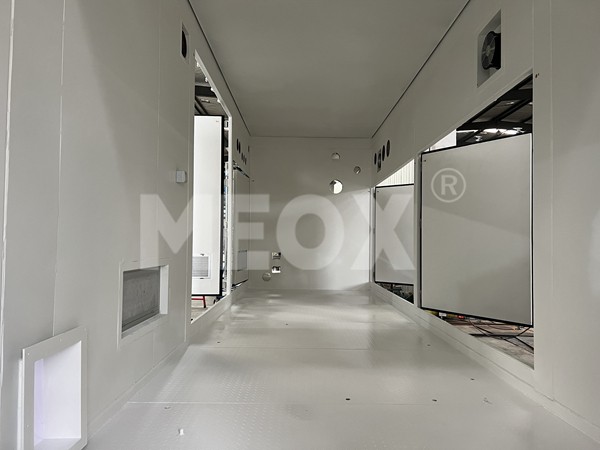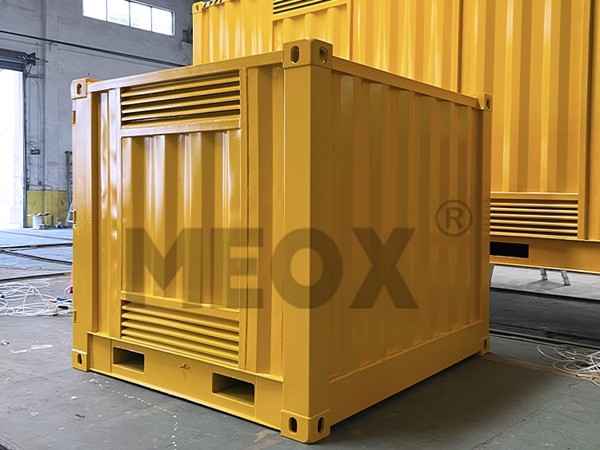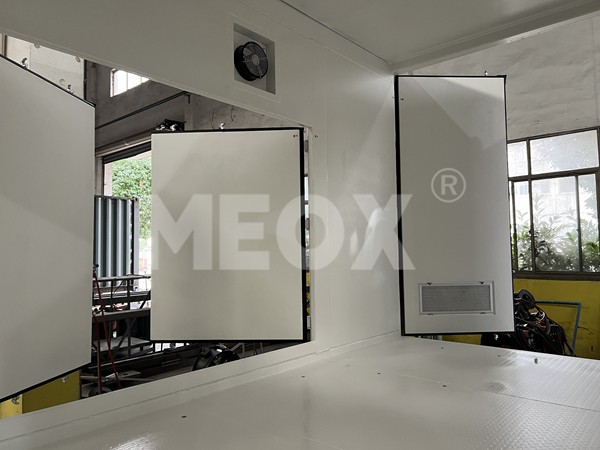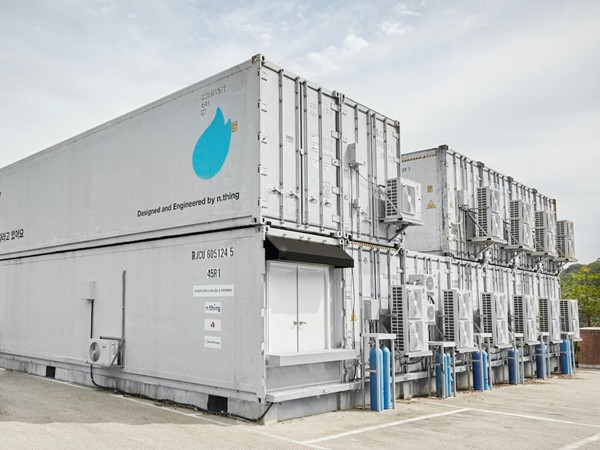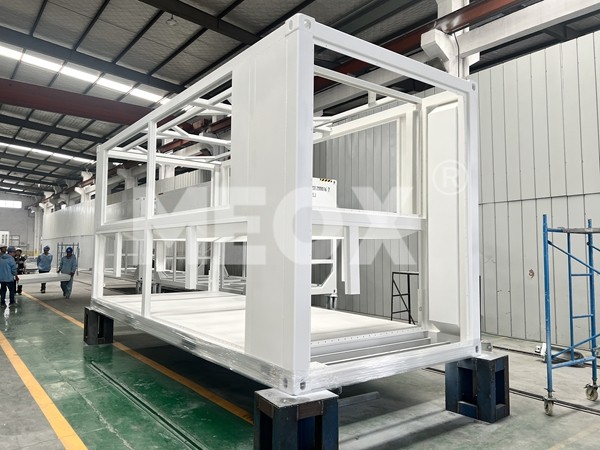Shipping container vertical farms are revolutionizing the agricultural industry by providing a sustainable and efficient solution to food production. These farms, housed within repurposed shipping containers, offer an innovative approach to growing fresh produce in urban environments, where traditional farming may not be viable. The marriage of technology and agriculture in these vertical farms has established a new paradigm in food growing, demonstrating substantial potential in meeting global food needs.
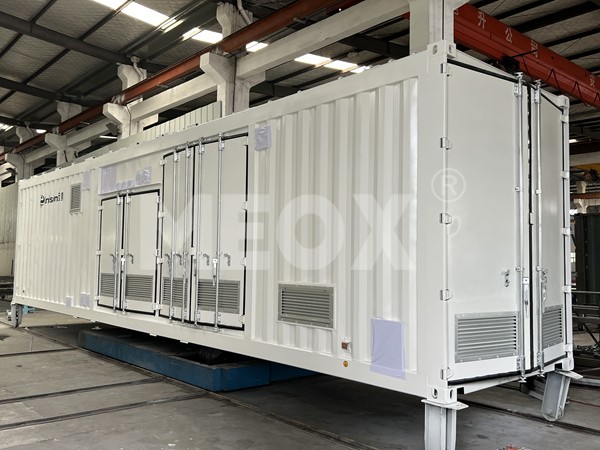
Leveraging the steel frame of shipping containers, vertical farms offer an excellent solution to reduce the environmental impact of traditional agriculture. They require less water, utilize space more efficiently, and eliminate the need for chemical pesticides and herbicides. This new practice spotlights the importance of sustainable agricultural methods in urban settings. As cities continue to expand, the need for locally sourced and sustainably grown food has never been more critical.
One of the significant advantages of shipping container vertical farms is their ability to provide fresh, local produce year-round, irrespective of the weather. These farms use advanced climate control systems and LED lighting to replicate the ideal growing conditions for a wide variety of plants. By controlling these variables, farmers can ensure consistent quality and yield, improving both the supplier’s reliability and the consumer’s trust in the produce they receive.
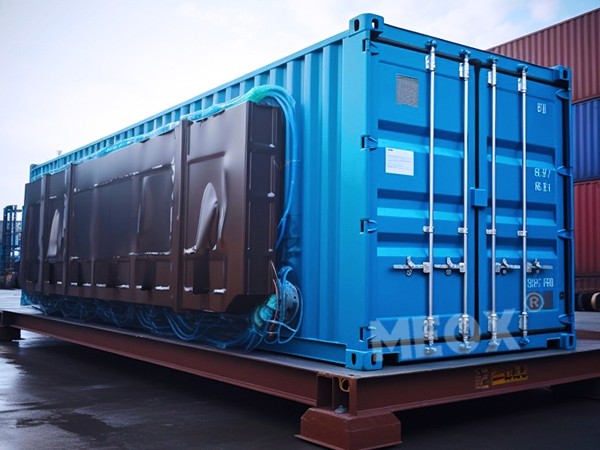
The rise of vertical farming within shipping containers also underscores the trend toward hyper-local food production. By setting up near the point of consumption, these farms drastically reduce the carbon footprint associated with transporting goods. This proximity is beneficial for reducing logistical costs and ensuring the freshest possible produce reaches the consumer swiftly. Moreover, shipping container farms often use hydroponic or aeroponic systems, which significantly lower water usage compared to traditional farming. This makes them ideal for drought-affected areas or regions with limited water resources, further contributing to their sustainability.
The technological innovation embedded within these farms ensures optimal use of resources. With the integration of IoT (Internet of Things), data is continuously collected on variables such as temperature, humidity, and PH levels. These data points are crucial for making real-time adjustments to improve plant growth conditions. On top of that, artificial intelligence algorithms analyze patterns to forecast potential problems, allowing farmers to address issues proactively rather than reactively. This technological integration not only enhances productivity but also builds upon the farm’s credibility and trustworthiness by guaranteeing consistency in produce quality.shipping container vertical
From an expertise perspective, running a shipping container vertical farm requires a unique blend of agricultural knowledge and technical skill. Operators must understand the principles of plant biology while simultaneously managing sophisticated systems. Training and partnerships with technology firms can provide the necessary support, helping to navigate the intricate interfaces between ecologic and electronic systems.
Authoritativeness and trustworthiness within this sector are anchored in transparent operations and adherence to high standards of production. Many shipping container farms seek third-party certifications for organic or chemical-free practices, thereby asserting their commitment to quality and environment-friendly farming practices. Consumer trust is further bolstered by offering public tours and educational programs, granting a peek into the farming processes, which demystify the operations for the uninitiated.
On the economic front, shipping container vertical farms require a high initial capital investment but promise quicker returns due to their streamlined operations and reduced supply chain overheads. Local governments, recognizing the potential for job creation and urban renewal, may provide subsidies or tax incentives for these startup ventures, thereby enhancing their viability as a long-term solution to urban food deserts.
Shipping container vertical farms are setting a benchmark in modern urban agriculture, rightfully captivating the attention of policymakers, entrepreneurs, and environmentalists alike. Their potential to bolster food security while prioritizing ecological sustainability is paramount. As these farms continue to evolve, they are bound to play a pivotal role in sustaining our cities and feeding our future. Embracing this innovative approach not only promises immediate benefits for urban populations but also underlines a significant shift toward sustainable food production on a global scale.

